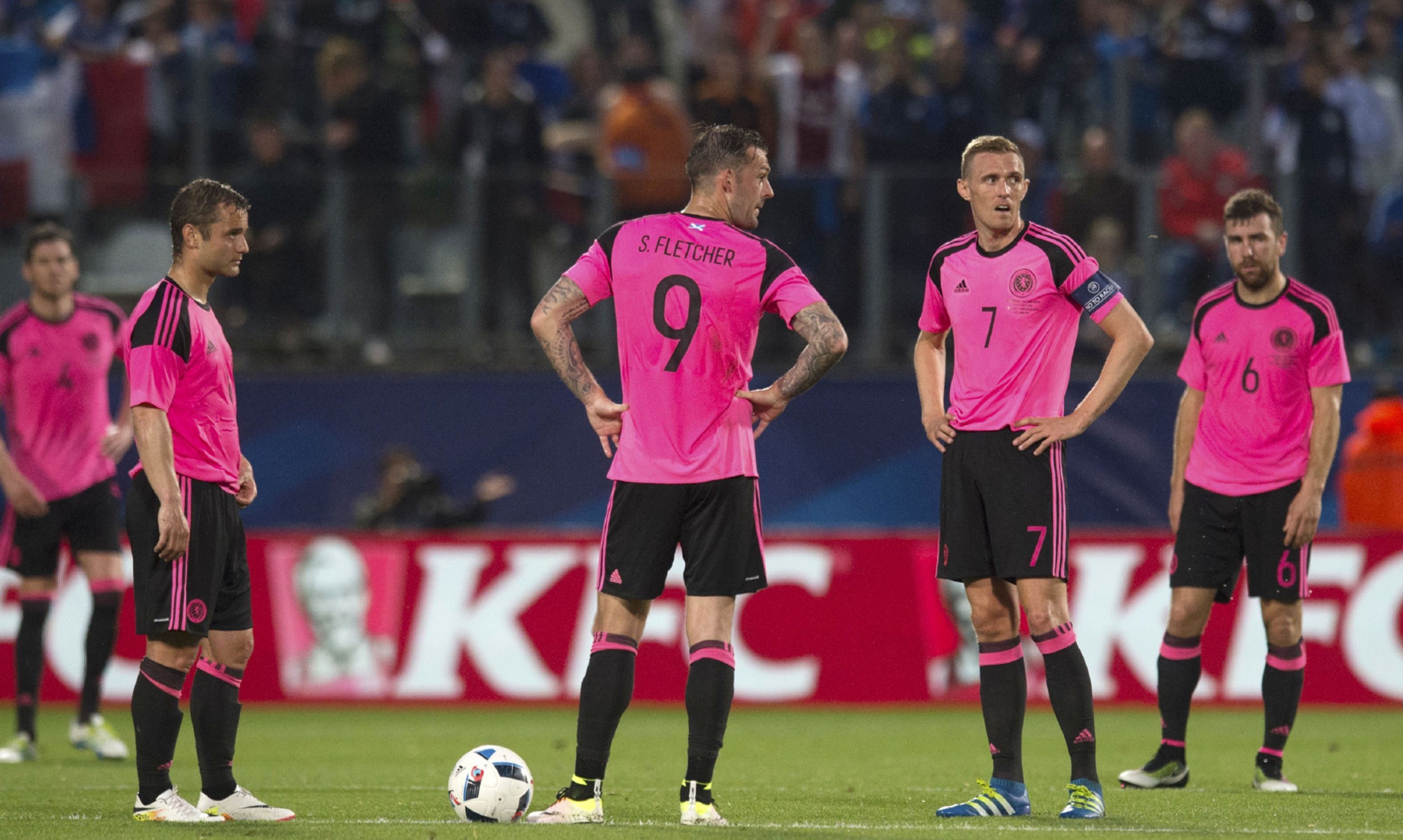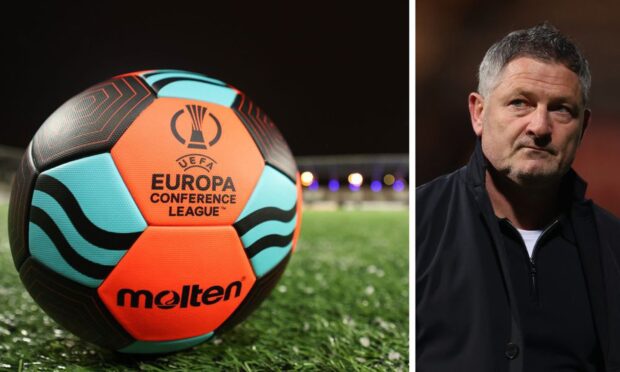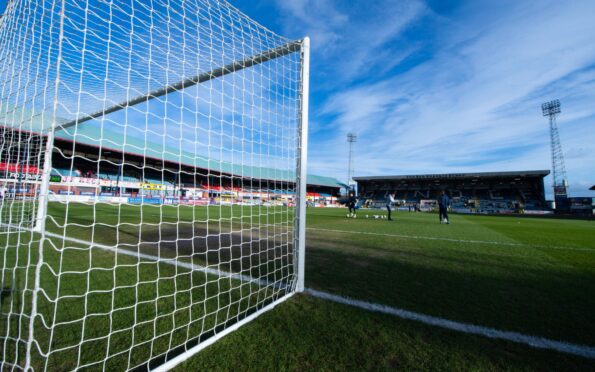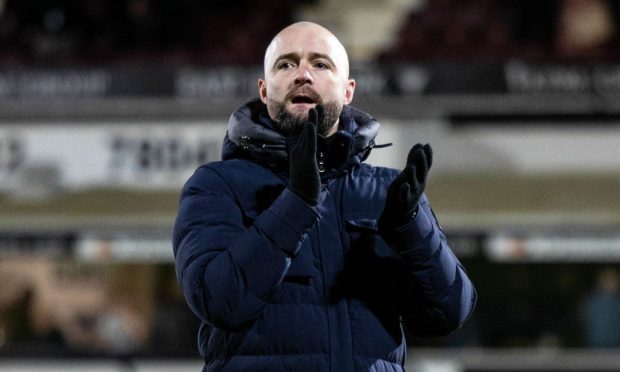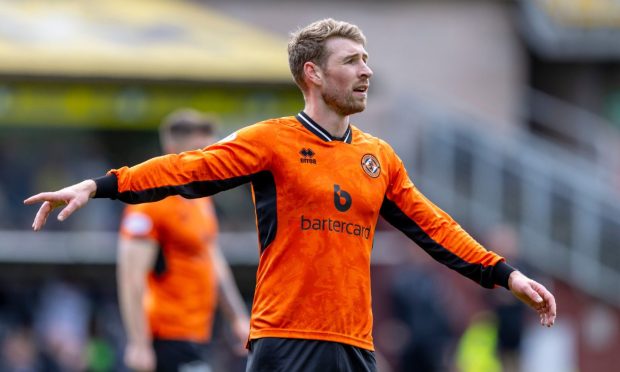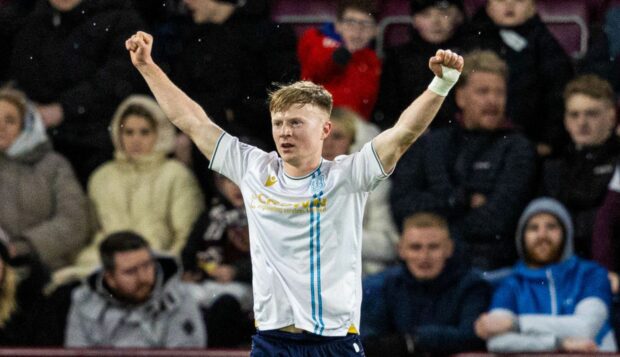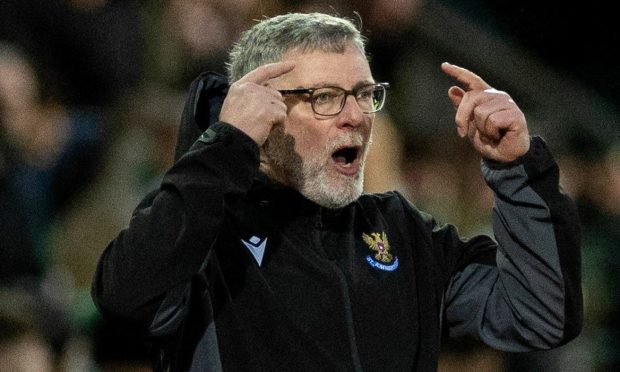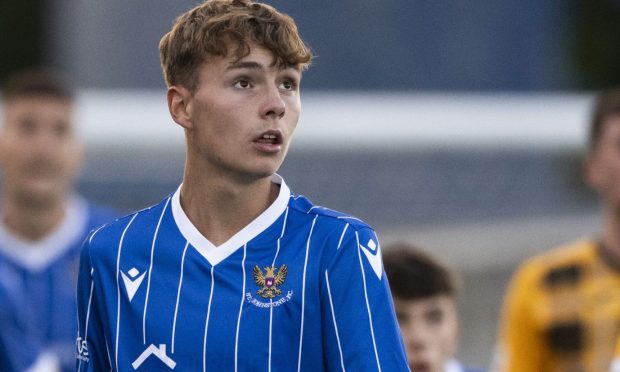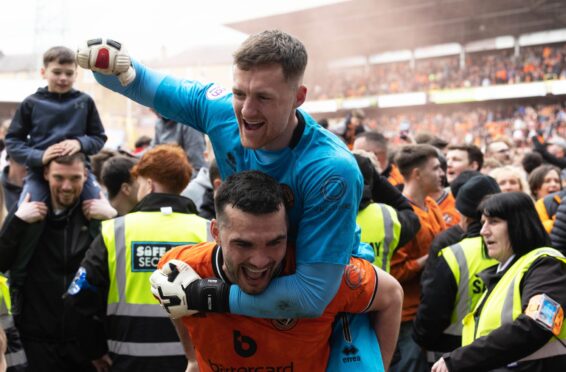There is a French TV drama currently filling the Saturday night Euro-noir slot called The Disappearance.
Yes, even BBC programme schedulers are winding up Scotland fans.
The absence of Gordon Strachan’s side from the festival of football that is about to unfold just across the English Channel is not so much a mystery but a predictable tale, the like of which has been told every couple of years now since the heady days of 1998.
Back then, the Scots were at the centre of global attention as they opened the World Cup against defending champions Brazil at the shiny, new Stade de France.
On Saturday night in Metz, the current Scotland players were relegated to the role of irrelevant guests at the French pre-tournament party, with the host nation preparing perfectly for the opening of the Euro 2016 finals against Romania on Friday night.
Les Bleus sauntered effortlessly into a 3-0 lead by half-time then used the second half as a training match.
In the 18 years and eight major finals that have been and gone since that memorable day in Saint-Denis when they drank and danced the samba with the Brazilians, Scotland fans have had to watch the serious action from their armchairs or bar stools.
The worrying thing is, this lack of success appears to be getting met by a resigned shrug of the shoulder.
Where is the anger?
Why are we not having a serious debate at the very top of the SFA about our annoying habit of not being good enough?
Even if you believe manager Gordon Strachan has improved the side that he inherited from Craig Levein, why has he been kept in the job without having to explain in detail why he thinks next time will be different?
Can we believe with any real confidence that the September 4 opening World Cup qualifier against Malta will signal a return to the days when the Tartan Army went to the party rather than stood outside looking in?
How long will be the fans continue to back the team in numbers if there is no realistic chance of actual achievement?
In between the friendly defeats to Italy and France, Strachan bemoaned the fact that Scotland lack a superstar like Gareth Bale of Wales.
Well, on the evidence of Malta and Metz, they also lack the ability to defend set-pieces and corners properly or hold on to meaningful possession.
The passing was terrible against Italy and almost as bad against the French. The team looks too old, sluggish, and lacking in confidence and ambition.
Let’s remember that not every team at the Euros will have a Bale or even a Wayne Rooney.
Just look at the Northern Ireland side that stands 12 matches unbeaten as the players from the province prepare to pack their passports for France.
What Michael O’Neill’s men have shown – along with the likes of Iceland and Albania – is that qualification was well within the reach of a team of decent, hard-working, properly-coached players.
Instead of arranging two daunting friendlies and a training camp in the Maltese sunshine, the SFA should perhaps have hired O’Neill to give the Scots a lecture in how he got wee Norn Iron to France.
For Scotland fans with long enough memories to remember when qualification was an expectation rather than a hope, the frustrating thing used to be not getting out of the group stages. Those were the days!
Now there seems to be a growing consensus that we don’t have players capable of mixing with the rest of Europe when it really matters and may never do so.
That is unacceptable, though, and Scotland’s disappearance from this French fete should be met with anger rather than apathy.
